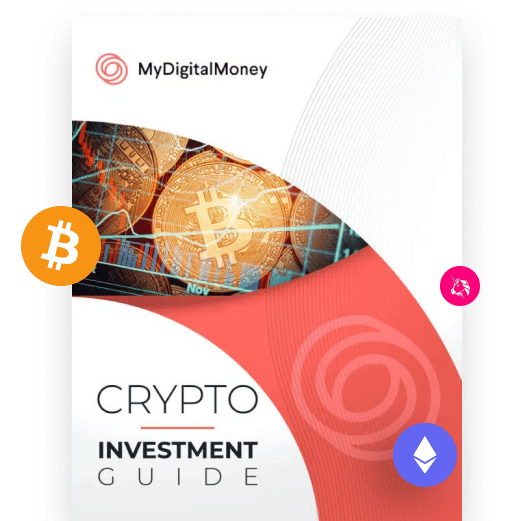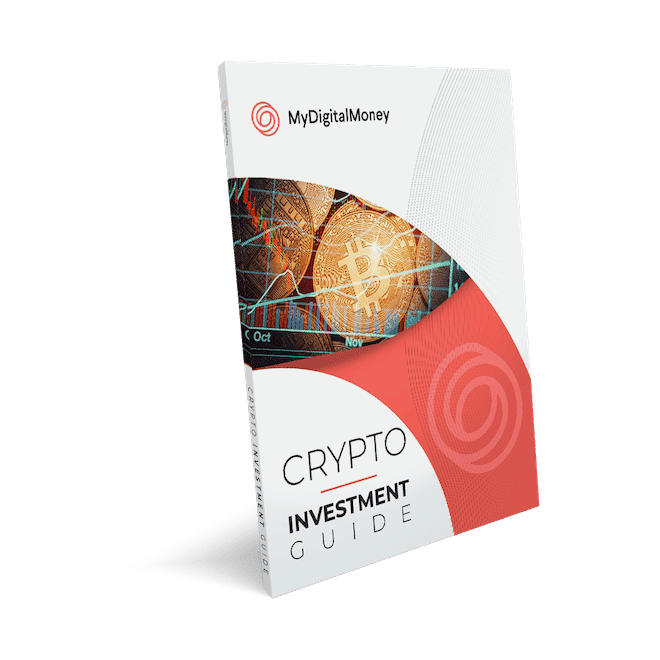Smart contracts automate agreements on the blockchain. They evaluate information, and if certain conditions are met, they execute. However, this presents a problem.
Blockchains don’t really have a good way to access external data. The difficulty of connecting off-chain data with on-chain data is one of the great challenges facing smart contracts.

Chainlink attempts to solve this problem by providing a decentralized oracle service. An oracle is a piece of software that translates external data to a language that smart contracts can understand and vice versa.
If you’d like to know more about them, check out our video about Oracle Blockchain
What is Chainlink?
Chainlink is a blockchain-based, decentralized oracle network that allows smart contracts to connect to external data sources. These can include APIs, internal systems, or other types of external data feeds.
So what makes Chainlink decentralized?
Well, first, we need to understand what a centralized oracle is. It isn’t hard to guess – it’s a single provider of external information to a smart contract. It’s only one source.
This can present significant problems. What if that one oracle provides false or incorrect data? All the systems that rely on it will fail. This is often called “the oracle problem” – and is what Chainlink is attempting to solve.
How does Chainlink work?
Chainlink uses a network of nodes in an attempt to make the data provided to smart contracts as trustworthy and reliable as possible.
Let’s say a smart contract requires real-world data, and it puts out a request for it. The Chainlink protocol registers this event and forwards it to Chainlink nodes to take their “bids” on the request.
What makes this process powerful is how Chainlink can validate data from multiple sources. Due to an internal reputation system, Chainlink can determine with a relatively high accuracy which sources are trustworthy. This can greatly increase the accuracy of the results and protect smart contracts from all sorts of attacks.
You can pay for the smart contracts using LINK, Chainlink’s token. The prices are set by the node operators based on the market conditions for that data.
Chainlink and DeFi
Ever since Decentralized Finance (DeFi) has become more popular, there has been a growing interest in high-quality oracle services.
After all, most of these projects use smart contracts in one way or the other, and they also require external data to run properly.
With centralized oracle services, DeFi platforms can leave themselves vulnerable to a wide range of attacks, including flash loan attacks through oracle manipulation.
Multiple incidents like this have already occurred, and they’ll likely keep happening if centralized oracles are still common.
Many people may be inclined to think that Chainlink can solve all of these problems – that may not be correct.
New types of risks are constantly introduced. If too many platforms rely on the same oracle service, they will all face outages if Chainlink suddenly stops working as intended.
LINK supply and issuance
Chainlink has a maximum supply of 1 billion tokens. 35% of those were sold during the ICO in 2017. About 300 million are in the hands of the company that founded the project.
It was worth 16 cents when it was launched.
It is hovering above $27 as of recording. A $10,000 worth of LINK back in 2017, would now be worth $1.6M.
And it still has a LOT of room for growth.
But as always, remember that all cryptocurrencies are volatile. There is as much of a possibility for loss as there is for gains.
Invest in LINK or any other cryptocurrency only if you truly believe in the coin.




